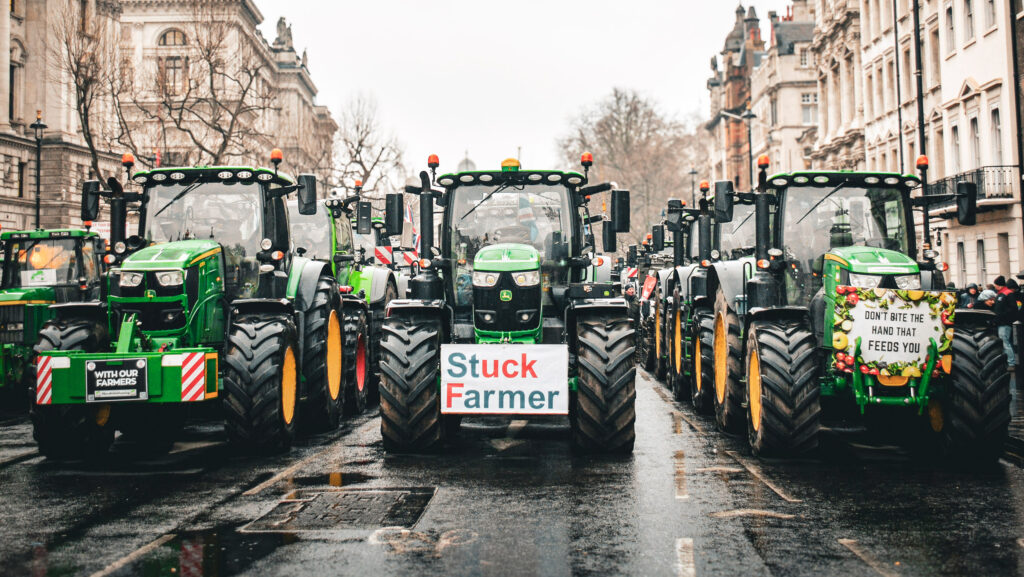Editor’s View: Two points of hope over IHT as gloom deepens
 © Ross Bartlett
© Ross Bartlett Week by week we learn more about the priorities of this Labour administration, and week by week they are doing a poor job at persuading people that farming is one of them.
Last week saw the funding crisis at the port of Dover rear its head again, with with further consequences of that emerging at other ports this week.
On Monday, we saw the return of tractors to Westminster amid undimmed determination from huge numbers of farmers and their lobbying groups to continue to fight for change on inheritance tax.
See also: London rally: Farm leaders vow to continue IHT fight
And at the Norfolk Farming Conference, Defra farming minister Daniel Zeichner was the latest Labour politician to pour cold water on those who think the well-reasoned arguments or shows of strength will persuade them to change course.
Yet hope should remain, however faint.
All other prominent political parties are united in their opposition to the policy, so a reform seems likely – though not certain – when there is a change of government.
And every government will also have a reckoning at some point with unforeseen events.
Farming may be well down the pecking order for this administration now, but those who understand the fragility of the global trade in food know that the perception that food can be taken for granted can change in an instant.
Just ask those who watched the whole system creak and strain during the early part of the Covid crisis.
Or food expert Prof Tim Lang, who recently published a comprehensive report warning that food resilience is not a topic treated with adequate seriousness in this country.
Yet the wider UK economic backdrop is not good.
Stories are circulating that the Office for Budget Responsibility is reporting to chancellor Rachel Reeves that her fiscal headroom – the money she thought was left in the piggybank – has gone.
If she is to stick to her self-imposed rules, that means further cuts to balance the books – giving Defra even less to spend on long-term projects, as well as further reducing the prospect of a short-term change of heart on inheritance tax.
Stories have also abounded in recent months about the frustrations of English farmers getting payments for their environmental schemes on time, leaving them to question whether to participate in the schemes going forward.
By virtue of the decisions they are and are not taking, the Westminster government is driving the industry towards a future where only those who can afford to not rely on any government schemes will survive.
What that future looks like on that basis is a good debate – certainly some well-run extremely large businesses will find it advantageous, but perhaps also smaller farmers with predominantly external income.
This means an acceleration of the consolidation in English farming, as well as a potential increase in different outcomes compared with Wales, Scotland and Northern Ireland – where types of universal payment are still under consideration.
Perhaps it also means fewer people will seek to both own land and farm it, changing the aspiration of many in our sector towards only the latter.
It doesn’t feel like the status quo can hold.

